Sometimes parents ask me things like “When will he, you know, play songs?”
This is a legitimate question that deserves some answers.
We are accustomed to teaching this way:
I show you the information or skill,
You prove to me that you understand.
I teach you the next thing.
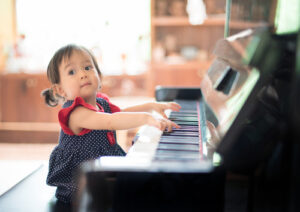
With babies and toddlers, this plan doesn’t really work.
Think about the patience we have with them when we’re teaching them how to talk, how to play with toys, how to walk, how to feed themselves, and everything else they need to learn. Mostly we do things for them, and because babies are self-driven to learn and to mimic us, they demonstrate their knowledge and skill when their brains and their bodies are good and ready. They struggle for quite a while with some skills. Sometimes they get frustrated. But they keep trying until they get it.
I noticed with each of my kids that at about four months old they would get really fussy for a couple of days. Then suddenly they would roll from their tummies to their backs. They would be so delighted! Then a few weeks later they would get fussy and struggle, and suddenly they would roll over from their backs to their tummies! It wasn’t much different when they were trying to walk. Only this one usually took weeks. In all reality, it took them the whole 11 months to a year of their lives. The preliminary work was invisible to me, but I know it had to be happening. All those neural pathways forming, all that muscle strengthening and growing. It’s Just! Amazing!
It’s this preliminary work that we’re doing when we teach our babies music theory, note reading, improvisation, pitch recognition, and how to play the piano. These are skills that, if properly taught, will be demonstrated… eventually.
Just because we’re used to music lessons being done in a certain way, doesn’t change the fact that babies and even toddlers, just don’t perform on demand. No matter how smart they are, it’s not the way it works. They’re learning incredibly fast at this age, but there is so much going on inside their little bodies and brains. So many neural pathways to connect up. So many bones, muscles, connective tissues, to grow and strengthen. So many social skills to develop. At this time of life, we give them everything, do everything for them, including music.
Sometime between 1 year and 2 years, they’ll start wanting to do some things for themselves, including playing the piano. So let them, even if it’s messy! At first you won’t hear recognizable songs. Just like when they begin to talk, you usually don’t have any idea what they mean, even though you can tell they know exactly what they’re saying. They’re practicing. This is the time to allow them to develop the skill of practicing. Your baby loves to practice! So we’ll talk more about practice another day.
Here’s how you can tell your baby is benefiting from piano lessons:
The more you make music time part of every day, you’ll see your baby get excited when you start to get out the bee gloves. You’ll see her start watching for the next rhythm flash card with anticipation. You’ll see your baby’s arms and legs start flailing about when you sing The Pumpkin Patch, and you’ll see him wiggle excitedly when you take him to the piano. Engagement. Extra slobber. That’s how you know your baby’s learning. Get a towel!


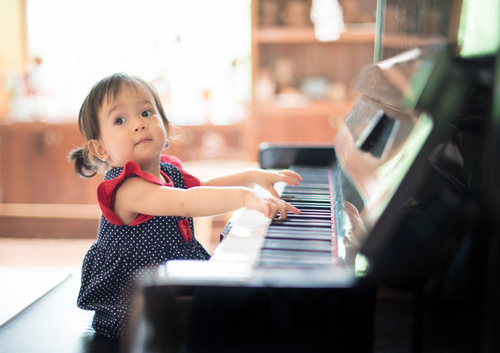
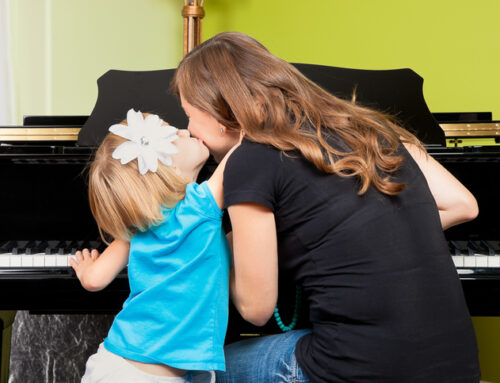
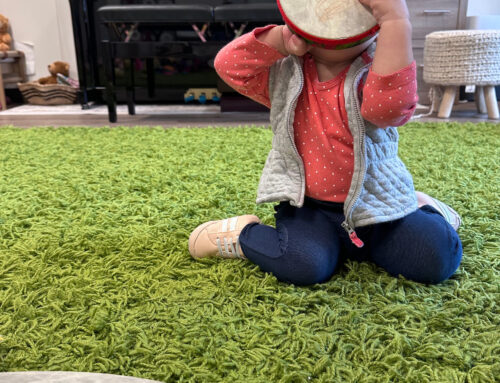
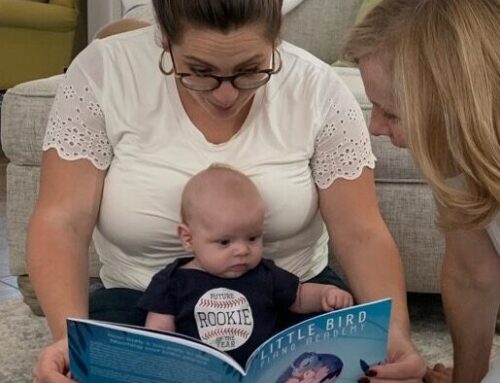
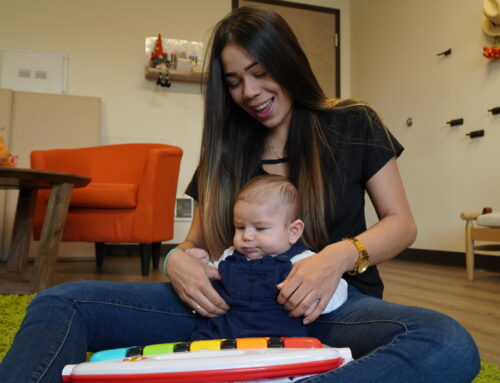
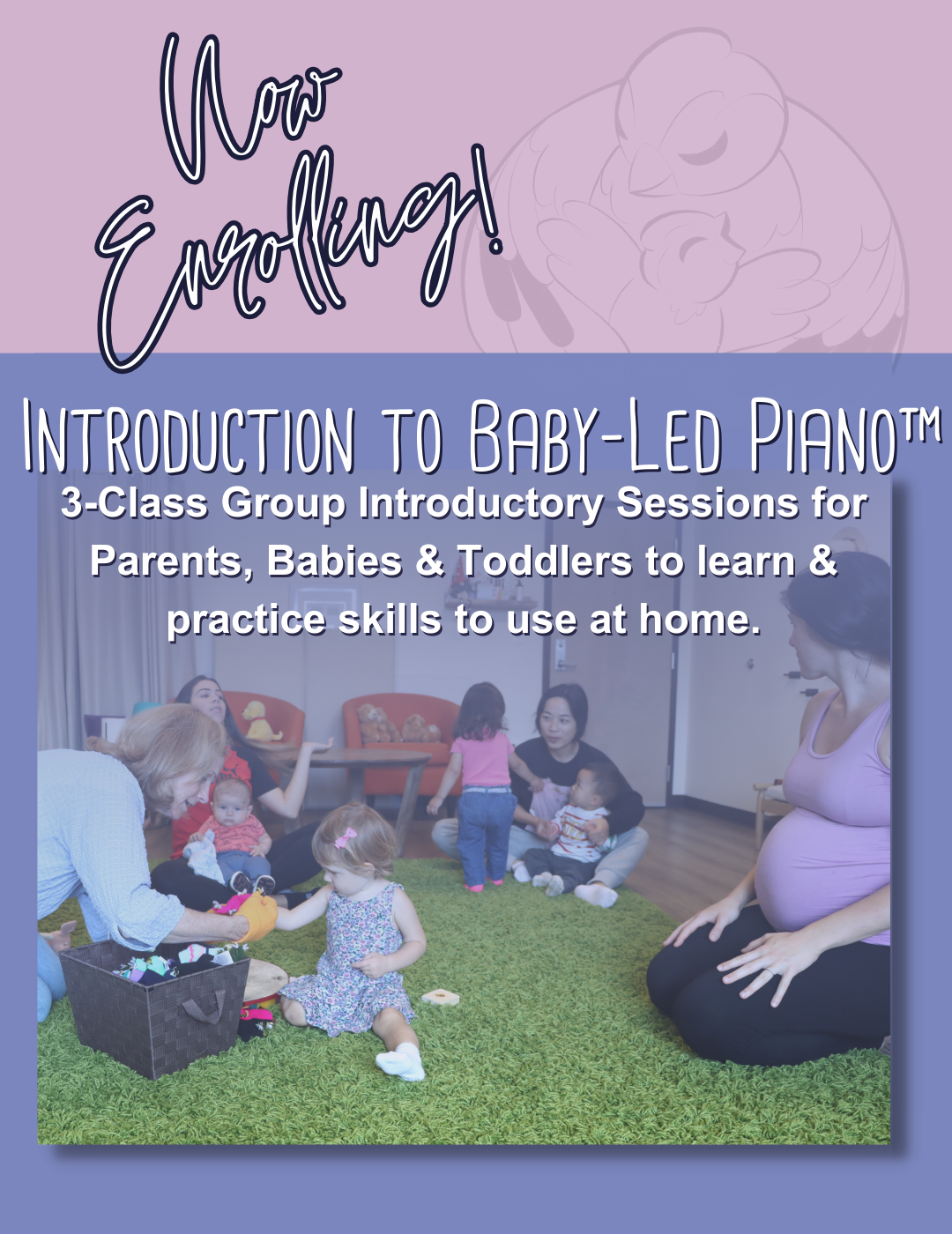
Leave A Comment